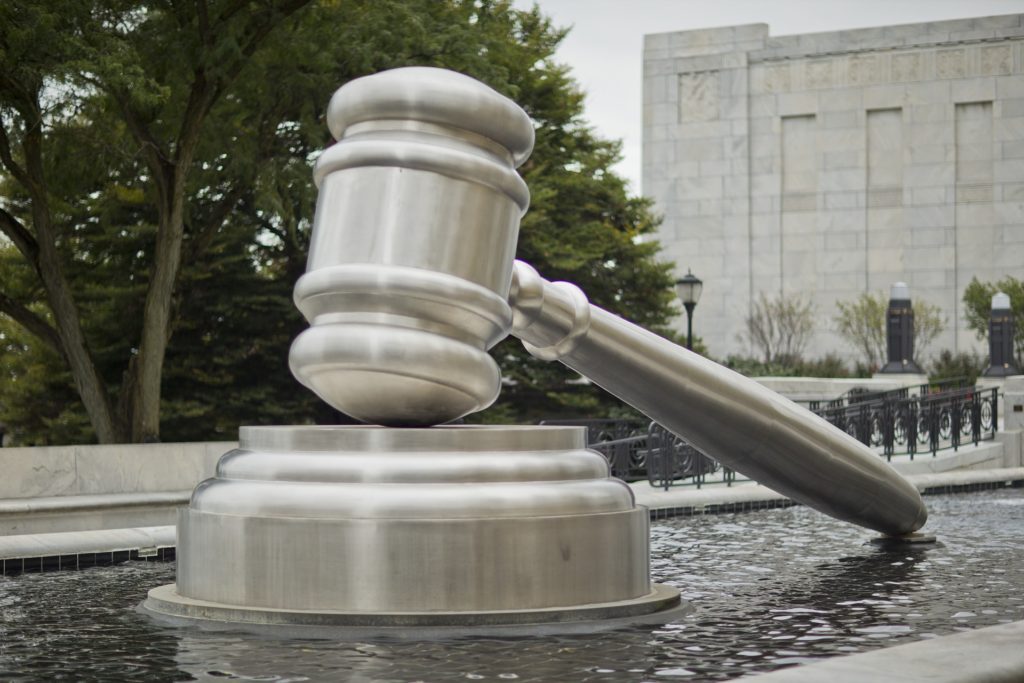
A common issue that arises in motor vehicle claims is whether to commence an action in BC Supreme Court or Provincial Court (also referred to as Small Claims Court). In this province, the BC Supreme Court has broader authority and discretion than the Provincial Court. Motor vehicle claims, however, can be heard by either level of court. Claims for damages in Provincial Court, however, are limited to $25,000. Persons who wish to commence an action should carefully consider the nature of their injuries and the respective amount of damages. Damages may include money for pain and suffering, loss of income, and possible future cost of care.
KOONER V. SINGH
On September 21, 2011, the BC Supreme Court released the decision of KOONER V. SINGH. The plaintiff in this case was injured after he was struck by the defendant’s vehicle. The plaintiff commenced an action against the defendant in BC Supreme Court. The defendant, however, brought an application to transfer the case to Provincial Court. The BC Supreme Court dismissed the defendant’s application.
Writing for the BC Supreme Court, McEwan J. commented that the court must exercise caution before transferring a case to Provincial Court. At paragraph 5 of the opinion, McEwan J. wrote that:
I think it should be clear that parties have a right to elect the court in which they bring their actions and that, in doing so, if they persist, they run certain risks. Those risks, in the case of a plaintiff’s action brought in Supreme Court that should have been brought in Small Claims Court, include the penalty of not receiving costs in the case of success, and also include the hazard, if an offer to settle is made, of double costs in accordance with the Rules setting out those penalties.
A common issue that arises in motor vehicle claims is whether to commence an action in BC Supreme Court or Provincial Court (also referred to as Small Claims Court). In this province, the BC Supreme Court has broader authority and discretion than the Provincial Court. Motor vehicle claims, however, can be heard by either level of court. Claims for damages in Provincial Court, however, are limited to $25,000. Persons who wish to commence an action should carefully consider the nature of their injuries and the respective amount of damages. Damages may include money for pain and suffering, loss of income, and possible future cost of care.
On September 21, 2011, the BC Supreme Court released the decision of KOONER V. SINGH. The plaintiff in this case was injured after he was struck by the defendant’s vehicle. The plaintiff commenced an action against the defendant in BC Supreme Court. The defendant, however, brought an application to transfer the case to Provincial Court. The BC Supreme Court dismissed the defendant’s application.
Writing for the BC Supreme Court, McEwan J. commented that the court must exercise caution before transferring a case to Provincial Court. At paragraph 5 of the opinion, McEwan J. wrote that:
I think it should be clear that parties have a right to elect the court in which they bring their actions and that, in doing so, if they persist, they run certain risks. Those risks, in the case of a plaintiff’s action brought in Supreme Court that should have been brought in Small Claims Court, include the penalty of not receiving costs in the case of success, and also include the hazard, if an offer to settle is made, of double costs in accordance with the Rules setting out those penalties.
Accordingly, the BC Supreme Court declined to transfer the action to Provincial Court. It held that it would be inappropriate to measure the plaintiff’s damages before trial. Further, it would be difficult to grant the defendant’s application to transfer the action because doing so would summarily conclude that the plaintiff’s damages were less than $25,000. Measuring damages requires independent analysis of the plaintiff’s injuries and the losses incurred as a result of the accident, which is a process that should be handled at trial. Further, the court acknowledged that the plaintiff must weigh several factors, such as the ability to recoup legal costs, before selecting the appropriate court. In this case, Justice McEwan declined to speculate about the plaintiff’s reasons for commencing his action in BC Supreme Court. As a result, the court dismissed the defendant’s application to remove the plaintiff’s action to Provincial Court.
Have a comment? We would welcome your comments directly. lzacharias@www.bakernewby.com


